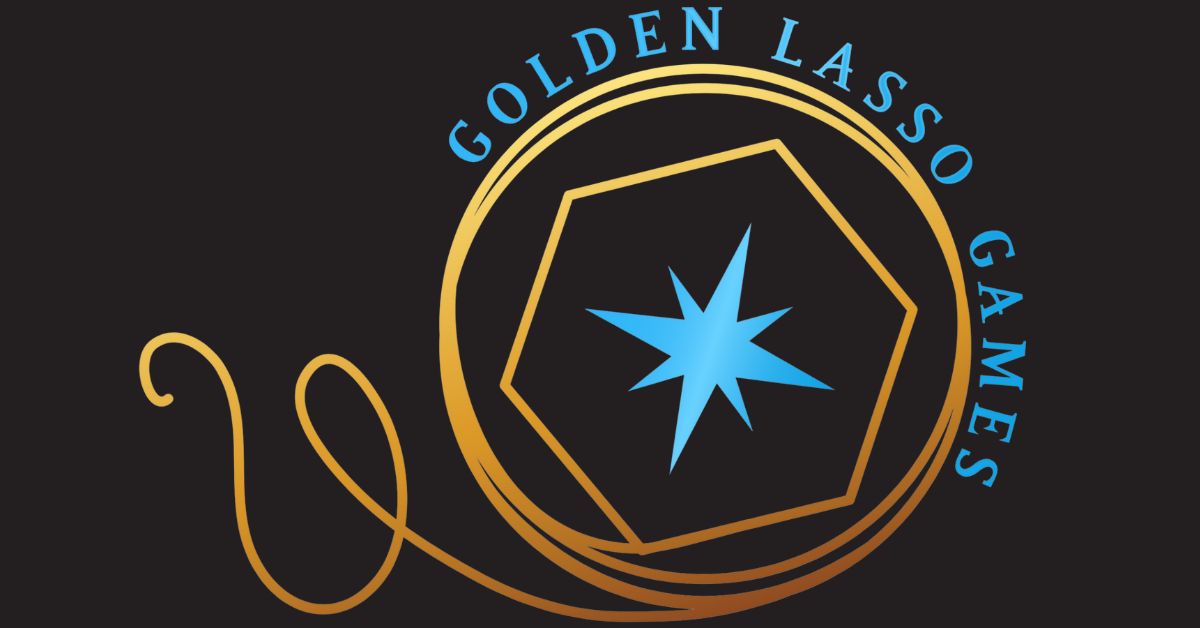doctorbadwolf
Heretic of The Seventh Circle
See, I’d have lead with the last (pre-edit) paragraph, and then gone into what especially good GMing requires in these systems.Possibly?
Im assuming your phone autocorrected “conscientious” to “contentious?”
My point was two-fold:
1) There is an idea that, contrasted with say high prep Trad GMing, these games are somehow less GMing intensive rather than a different kind of intensivty. That needs correction.
2) The deftness and conscientiousness comes in the following way. At every moment of play:
- Always hew to the games agenda.
- Always constrain your GMing by the principles of the game.
- Know the rules and follow them ruthlessly.
- Know the game’s premise (in PBtA games that includes the End of Session reward relationship) and stay on top of it with each moment of framing and consequence.
- Know the players’ playbook themes, the players’ interests as the relate to that, and PC dramatic needs. At every soft move and hard move you should be engaging with the first two and putting pressure on/providing opposition to the last one…all while you’re doing all of the stuff above…and also working hard to not recycle content/tropes.
- Lead an interesting conversation which involves asking provocative questions (which you need to have a corpus of developed thought to even know what those might be), listen and absorb the answers, and incorporate them deftly.
- Create decision-points that are stimulating from a gameplay perspective and provocative from a premise/dramatic need perspective.
- Continuously update in your mind the ever-accreting setting that is, in large part, being procedurally generated in-situ. You have to stay on top of this in subsequent framing and consequences.
- Play true to your NPC/hazard/obstacles instincts/tags/moves while you do all of the above.
So yeah. Extremely deft and conscientious GMing at each moment of play. Play won’t come close to falling apart (the systems are too nimble and sufficiently resilient to average GMing…I know this because even on my off-nights GMing, the games are still quite enjoyable), but it will elevate in proportion to increased deftness and conscientiousness in GMing. When I’m “my best self” the games are dramatically better than when I’m just “meh.”
EDIT - I hope that last bit heartens @Hex08 . Even if your first foray into running one of these games feels like a forgettable performance by your standards, these games have a “high floor.” It’s almost a sure thing your “meh” effort was at or above that floor and therefore enjoyable enough (assuming you’re running the games correctly - eg doing what I’ve outlined above).
Because yeah, it seemed odd to me to see someone claim that they require the very high bar you seemed to be describing.
It reads more like you see these games as benefit more from those traits and skills than tradition games do, and that lacking them or refusing to develop them will make it difficult to go beyond a fairly casual experience with these games?
Anyway excellent explanation, thank you.
I think I really need to spend more time with some pbta and fitd games, but I also think that I’m on the right track for my game by staying semi-adjacent to both the pbtafitd (seriously there has to be a good umbrella term for games with the general feel, priorities, etc) and more traditional games.
Just gotta find one to dive into that interests my group and I, but it’s thematically similar to D&D, or to “real world modern day but supernatural stuff secretly exists” (bc that’s what my game is, and it’s easier for me to be productive on it if I’m not steeped in someone else’s vision of it).
Isn’t there a “totally not Star Wars” pbta game?



